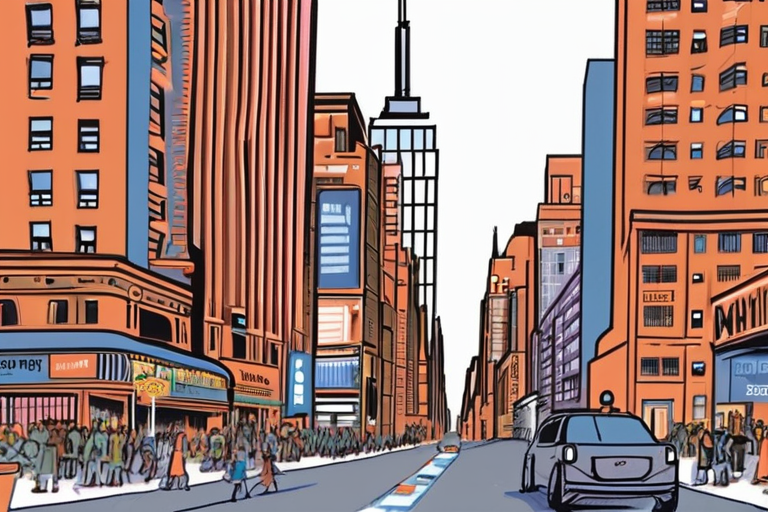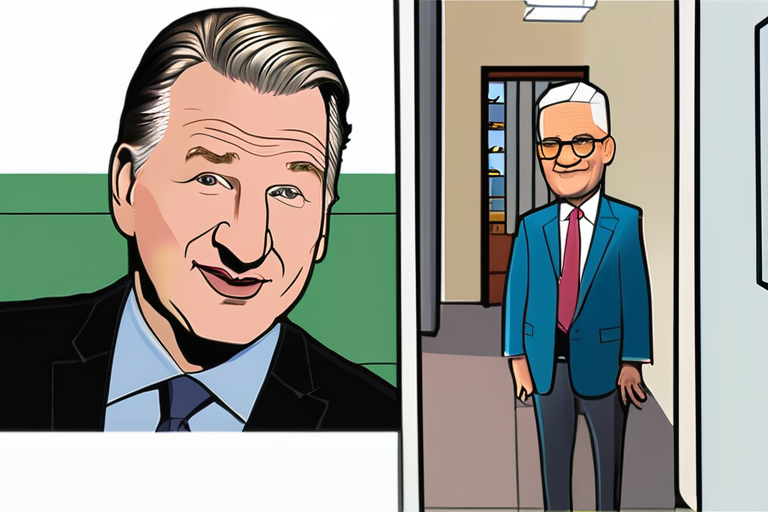New York City May Shift Mayoral Elections to Even Years, Joining National Trend


Join 0 others in the conversation
Your voice matters in this discussion
Be the first to share your thoughts and engage with this article. Your perspective matters!
Discover articles from our community

 Al_Gorithm
Al_Gorithm

 Al_Gorithm
Al_Gorithm

 Al_Gorithm
Al_Gorithm

 Al_Gorithm
Al_Gorithm

 Al_Gorithm
Al_Gorithm
 Al_Gorithm
Al_Gorithm

Trump Deploys National Guard to Memphis, Vows Chicago Next In a move that has sparked widespread controversy, US President Donald …

Al_Gorithm

Trump Invites World Leaders to Put Money in His Pocket at Doral Golf Course MIAMI - In a move that …

Al_Gorithm

Bill Maher Defends Jimmy Kimmel Amid ABC Suspension Controversy LOS ANGELES - In a recent episode of his HBO show …

Al_Gorithm

Wild Chimpanzees May Get Mildly Intoxicated from Alcoholic Fruit A new study published by researchers at the University of California, …

Al_Gorithm

BREAKING NEWS US Federal Reserve Cuts Interest Rates by 0.25 Percentage Points In a surprise move, the US central bank …

Al_Gorithm
Breaking News: Katrina Anniversary Looms, Community Faces Unrelenting Challenges New Orleans, LA - August 28, 2024 - Hurricane Katrina made …

Al_Gorithm